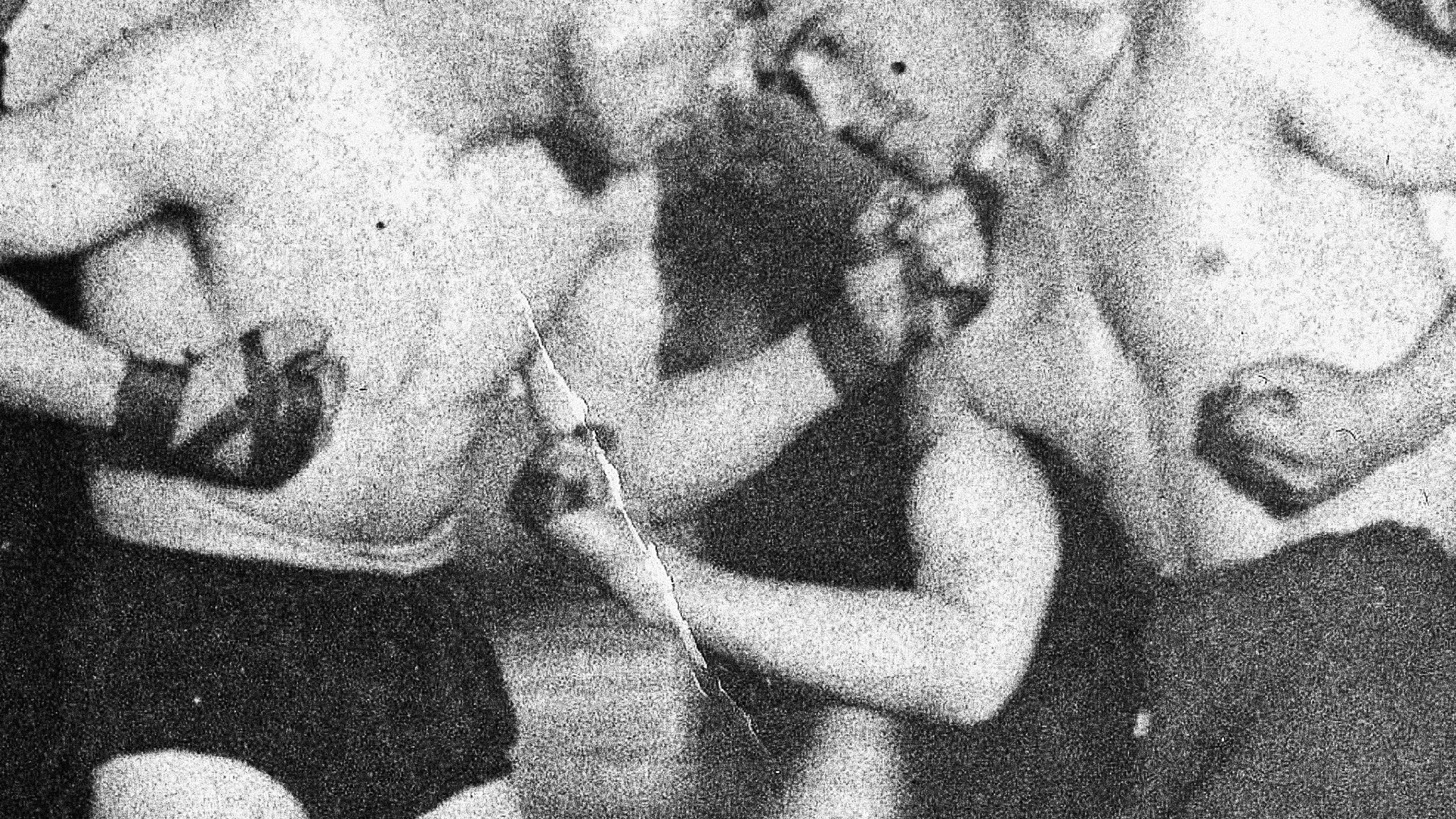Jag Bhalla
Science Writer, Blogger, and Essayist
Jag Bhalla is a writer and entrepreneur. Current projects include this "Thought Fix" blog series for Big Think. And NanoSalad a zero-prep way to zap veggie gaps (by BodZoo LLC, a future-friendly, basic-by-design business, see www.bodzoo.com for further details). Prior projects include "Errors We Live By," a series of short exoteric essays exposing errors in the big ideas running our lives. And I'm Not Hanging Noodles On Your Ears, a surreptitious science gift book from National Geographic Books, which explains his twitter handle @hangingnoodles.
The state of nature isn’t a “war of all against all.” Even no-brainer bacteria “know” that sometimes the game is “Survival of the Friendliest”
Evolution exists and exerts itself in a different way than gravity does… because natural selection is an “algorithmic force.”
Natural “narrative selection” was key to turning insignificant apes (who had tools for 2 million years) into the species that now dominates the bio-sphere.
Loop quantum gravity gets the ancient atomist back into the loop, showing how black holes might explode, and that the Big Bang might be a Big Bounce.
The causes of hit products are themselves uncausable. ‘Hit Makers’ by Derek Thompson explains why we know how to make songs, but not hits.
It’s time to get real about key ideas that run our lives, which have been taking laughable liberties with human nature – and with the logic of livable liberty.
Reviving the “Lesbian Rule” (which Aristotle wrote about, and was proverbial in Shakespeare’s day) can help us handle a new kind of weaponized-math threat (that Cathy O’Neil calls “Weapons of Math Destruction”).
Descartes’ solitary, inward-facing mindset misconstrues the social nature of our thinking. Social Cartesianism better captures the soul of what matters in distinguishing humans from animals or machines.
Scarcely noticed in the Eden story, there lurk fruitful scientific ideas about why biology generated morality.
Here’s what we need to remember about the history and logic of “cardinal virtues.”
Here’s what the roots of both ends of the word Christmas mean.
Storied skills and a musical analogy might help us update the logic of “virtue ethics.” In life, as in jazz, freedom without skills results in a lot foolish noise.
Any story we tell of our species, any science of human nature, that ignores how important stories are in shaping what and how we think and feel is false. We evolved to be ultra-social (and self-deficient), so we care deeply about character and plot.
Few see how strongly science’s preferred languages shape and limit the thinking of many experts.
“Positive psychologists” are relearning old wisdom about a logic built into our biology which ensures that flourishing takes effort and skill.
The “deep stories” that run your world are changing. The stories democracy and economics rely on aren’t working so well…
If Americans love their democracy why does voter turnout put them 31st out of 35 OECD nations?
Trees are far from dumb; they talk and share, because they need each other to live better lives.
Does life work like our technology? Is life under the hood just like a car sporting souped-up complexity?
Much talk about “the rich” and inequality ignores two key points. 1) Not all inequality is equally bad. 2) The rich are mostly as replaceable as you.
Many smart folk need to relearn what Trump knows, and Aristotle taught, about persuasion. Logic and facts alone often don’t persuade.
Words don’t work like we were taught. That old neat nouns and verbs type tale hides the weird truth. Language is a mix of flux and fixed but flexible elements that relies on “unknown knowns.”
Can we work out what ingredients could make “free will” work? Here’s a map of some of the steps it would need.
The thinking behind Turing Machines and “universal systems,” is being extended to build a new kind of physics. “Constructor Theory,” is being developed by David Deutsch and Chiara Marletto to better explain life. It even suggests why morality arose.
Are life-saving drugs no different than milk or widgets? Should we treat everything on earth as a profit source? That way mechanized madness lies, whereby “your money or your life” is somehow seen as an acceptable business plan.
Our picture of life is going through a major shift. Ed Yong’s book I Contain Multitudes reveals that a genome generally doesn’t contain all the genes an organism needs. Symbiosis isn’t rare, it’s the rule. And we’re just the icing on life’s vast microbial cake.
Science’s signature moves share something with good poetry. Good metaphor-making can make geniuses of both kinds. But bad metaphors can mislead whole fields.
An old fight between philosophy and science has flared up again. Fortunately we have Rebecca Newberger Goldstein to help us sort out what’s going.
It seems very odd now, but one of the greatest thinkers ever, believed that we could rely on the love of math and its beauty to make us better people. Here’s why Plato thought so…
Plato wasn’t worried that democracy tended to lead to Donald Trump-style tyranny (despite what Andrew Sullivan claims). Here’s what he was really concerned about.





























